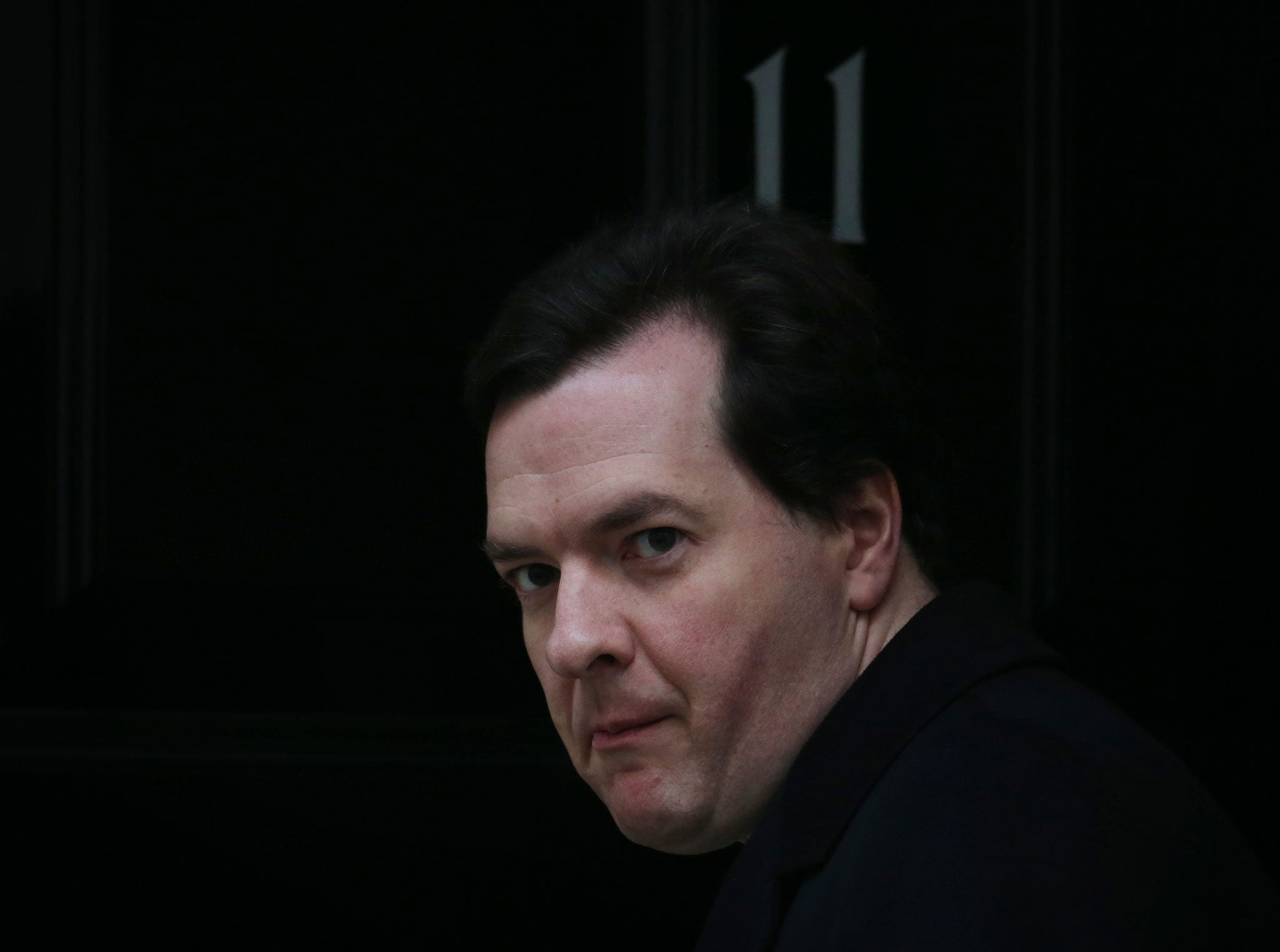Ignore the 50p tax rate grandstanding, its real effects are impossible to tell
The numbers we have simply don't stand up to scrutiny

Your support helps us to tell the story
From reproductive rights to climate change to Big Tech, The Independent is on the ground when the story is developing. Whether it's investigating the financials of Elon Musk's pro-Trump PAC or producing our latest documentary, 'The A Word', which shines a light on the American women fighting for reproductive rights, we know how important it is to parse out the facts from the messaging.
At such a critical moment in US history, we need reporters on the ground. Your donation allows us to keep sending journalists to speak to both sides of the story.
The Independent is trusted by Americans across the entire political spectrum. And unlike many other quality news outlets, we choose not to lock Americans out of our reporting and analysis with paywalls. We believe quality journalism should be available to everyone, paid for by those who can afford it.
Your support makes all the difference.As the vote on the government’s decision to cap annual benefits increases at 1 per cent a year looms, Labour are predictably highlighting the contrast with the decision to abolish the 50p tax rate.
Labour say George Osborne’s decision to abolish the tax from this April is proof of the hollowness of his “We are all in this together” refrain. The Conservatives retort that they were merely correcting a dangerous Old Labour tax that cost more than it brought the Exchequer. These are arguments that we’ll hear in any TV debates in 2015.
The truth is we don't know who is right.
Economics is meant to be about numbers and data. But the row over the 50p rate is the classic example of why it is "the dismal science". The tax was brought in for so short a time that it is impossible to gauge whether or not it will bring in money to the treasury. Because of "frontloading" and "backloading"– top rate taxpayers shifting income to fall either before or after the life of the 50p tax rate – we just can’t trust the numbers we do have.
Opponents of the 50p rate think they have superficially compelling arguments – 6,000 paid the 50p rate in 2010/11, compared to 16,000 who paid the top band the year before, at a loss of £6.9 billion to the Exchequer. Yet HMRC estimates that £18 billion was lost in ‘forestalling’: the 2009/10 figures were artificially high, just as the 2010/11 ones were artificially low. Supporters of it point out that, even allowing for the behavioural changes the tax brought about, it did raise £1.1 billion in its first year. But this is no guarantee the results would have been maintained – revenues might have decreased, just as they could have risen. We will never know: the tax would have to be in place for at least five years for any data worthy of the name to emerge.
But as Labour’s attacks on the abolition of the 50p rate continue, George Osborne may regret not pursuing a softer approach in removing the rate.
Osborne clearly believes that the tax is detrimental to Britain’s long-term competitiveness and will result in an exodus of the wealthy in the long run. But, without contradicting this stance, Osborne could have announced that the 50p rate would remain, as an emergency measure, until its abolition in 2015. It would have been a way of maximising the tax’s revenue-raising potential whilst minimising the possibility that it would lead to tax-fleeing emigration. And it would have even gone a long way towards neutralising Labour attacks.
As it is, the charade will continue. The Conservatives and Labour will both make bold, exaggerated and unfounded claims about the 50p rate’s effects. They should be politely ignored.
Join our commenting forum
Join thought-provoking conversations, follow other Independent readers and see their replies
Comments